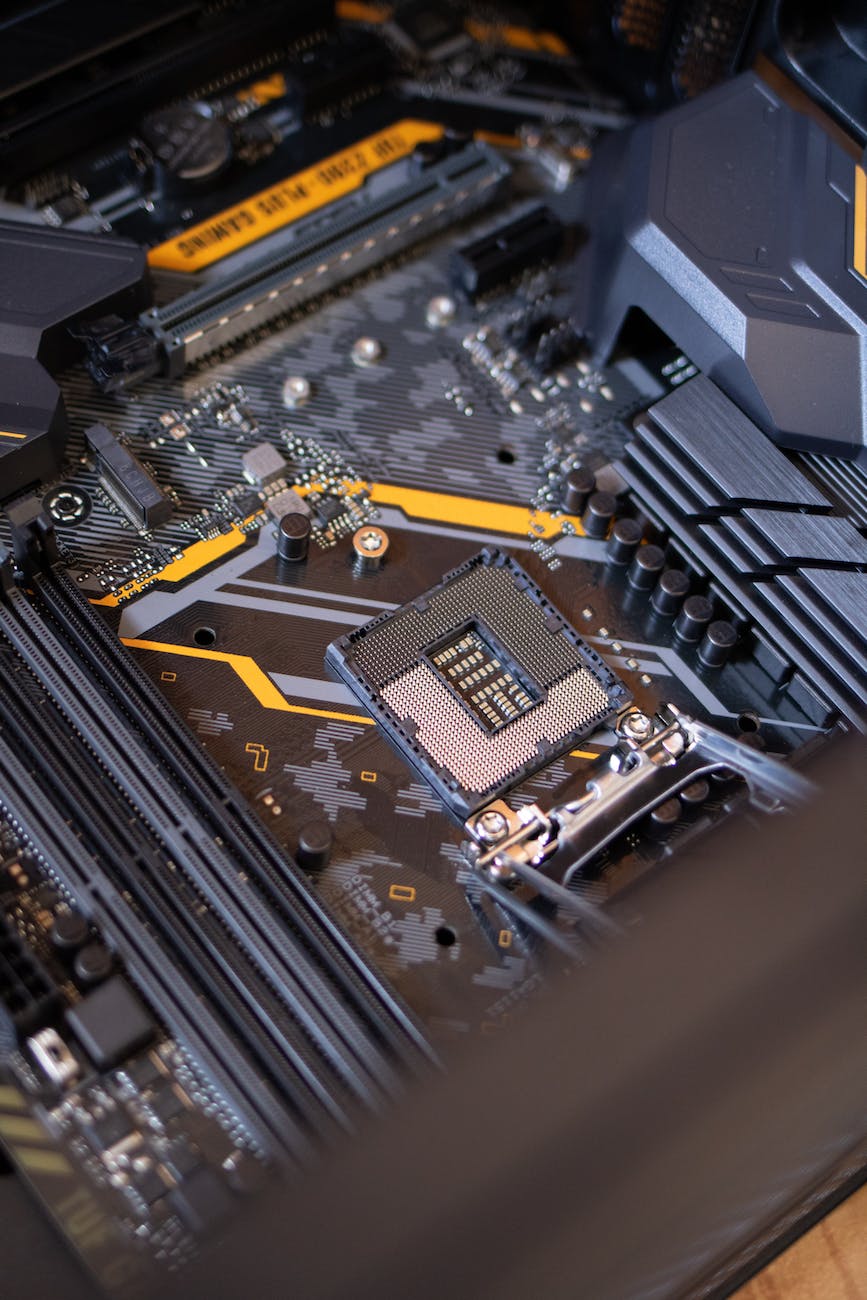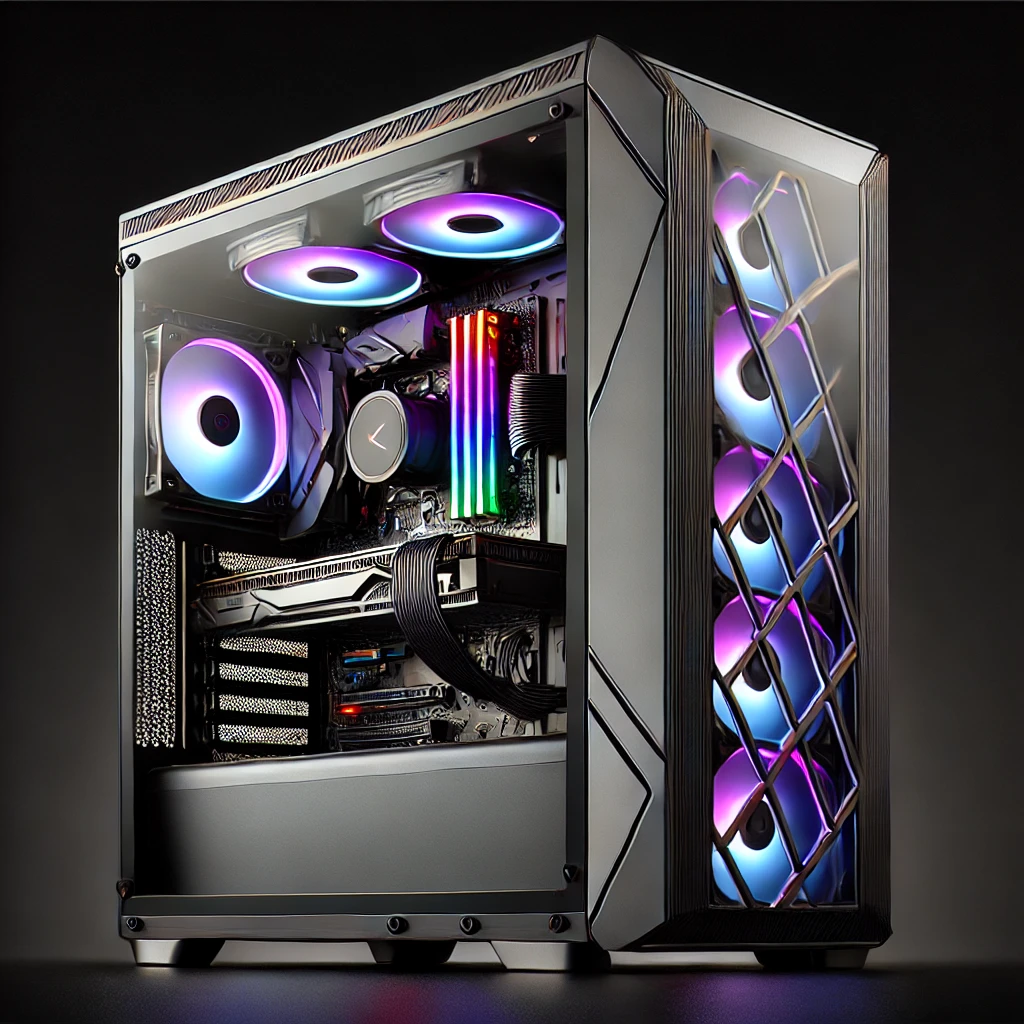Your cart is currently empty!

When it comes to building a gaming PC, one of the most crucial components to consider is the motherboard. Your choice of motherboard can significantly impact your gaming experience, as it determines compatibility, performance, and upgrade options. In this comprehensive guide, we’ll explore the different kinds of motherboards that gamers may like and the key factors to consider when making this important decision.
- Compatibility Matters
The first thing every gamer should consider when buying a motherboard is compatibility. Ensure that the motherboard you choose is compatible with your CPU and other hardware components. Popular CPU manufacturers like Intel and AMD have specific motherboard socket types that must match the CPU you plan to use. Additionally, check if the motherboard supports the RAM type and speed you intend to use.
- Form Factor: Size and Fit
Motherboards come in various form factors, with ATX, Micro ATX, and Mini ITX being the most common for gamers. The choice of form factor depends on your PC case and build preferences. ATX motherboards offer more room for components and features, while Mini ITX is perfect for compact, portable gaming systems. Ensure that your chosen motherboard fits comfortably in your case.

- VRM Quality and Overclocking Support
For gamers who want to squeeze every bit of performance from their hardware, VRM (Voltage Regulator Module) quality and overclocking support are essential. A motherboard with a robust VRM design and quality components will provide stable power delivery to your CPU, especially during overclocking. Look for motherboards with efficient cooling solutions for VRMs to prevent overheating.
- PCIe Slots and Expansion Options
Consider the number and type of PCIe slots on the motherboard. Gamers who plan to use multiple graphics cards for SLI or CrossFire configurations need enough PCIe x16 slots. Additionally, think about expansion options for things like sound cards, capture cards, and NVMe SSDs. M.2 slots for NVMe SSDs are becoming increasingly common and offer blazing-fast storage speeds.
- RAM Capacity and Speed
Gaming performance can be greatly affected by RAM capacity and speed. Opt for a motherboard that supports the amount of RAM you need for your gaming and multitasking requirements. Also, check for support for high-speed RAM modules as faster RAM can improve gaming performance, especially in CPU-bound scenarios.
- Audio Quality and Features
For an immersive gaming experience, consider the motherboard’s audio quality and features. High-quality onboard audio with features like 7.1 surround sound and dedicated audio capacitors can enhance your gaming audio experience. Some motherboards also come with advanced audio software for customization.
- Networking Options
Online gaming relies heavily on network connectivity. Some motherboards come with built-in Wi-Fi and Bluetooth, which can be convenient for wireless gaming and peripherals. Additionally, look for motherboards with Gigabit Ethernet ports for low-latency online gaming.
- USB Ports and Connectors
Ensure the motherboard has an adequate number of USB ports and the latest USB standards (USB 3.1 Gen 2 or USB-C) for your gaming peripherals, VR devices, and other accessories. Having enough USB ports can eliminate the need for external hubs.
- RGB Lighting and Aesthetics
Many gamers take pride in the aesthetics of their gaming rigs. If you want your motherboard to match your gaming setup, consider options with RGB lighting and customizable color schemes. Some motherboards even offer additional headers for connecting RGB strips and fans.
- Brand Reputation and Customer Support
Lastly, consider the reputation of the motherboard manufacturer and their customer support. Trusted brands often provide better reliability, warranty coverage, and firmware updates, which can be crucial for long-term gaming PC stability.
Conclusion
Choosing the right motherboard is a critical step in building a gaming PC that meets your performance and functionality needs. Take your time to research and compare different motherboard options, considering factors like compatibility, form factor, overclocking support, expansion options, audio quality, networking capabilities, and aesthetics. With the right motherboard, you’ll be well on your way to creating a gaming rig that delivers exceptional gaming experiences.
Discover more from LithGeek Custom Gaming Computers
Subscribe to get the latest posts sent to your email.
Posted
in
by
Tags:

